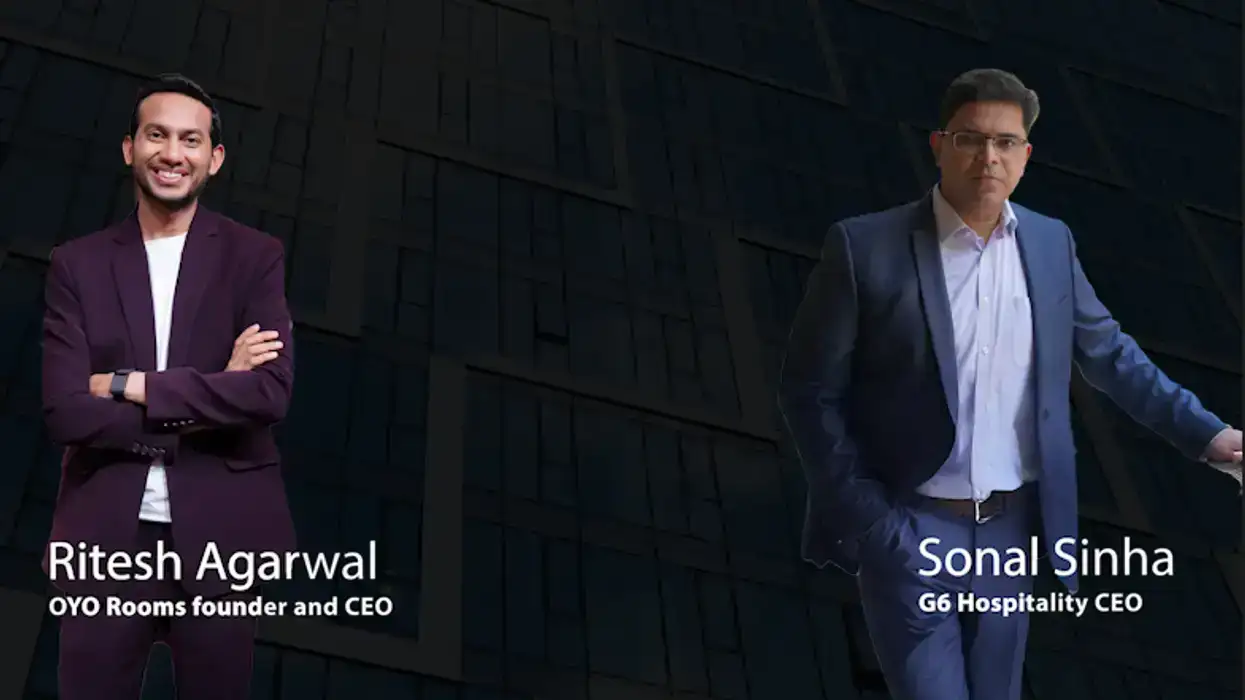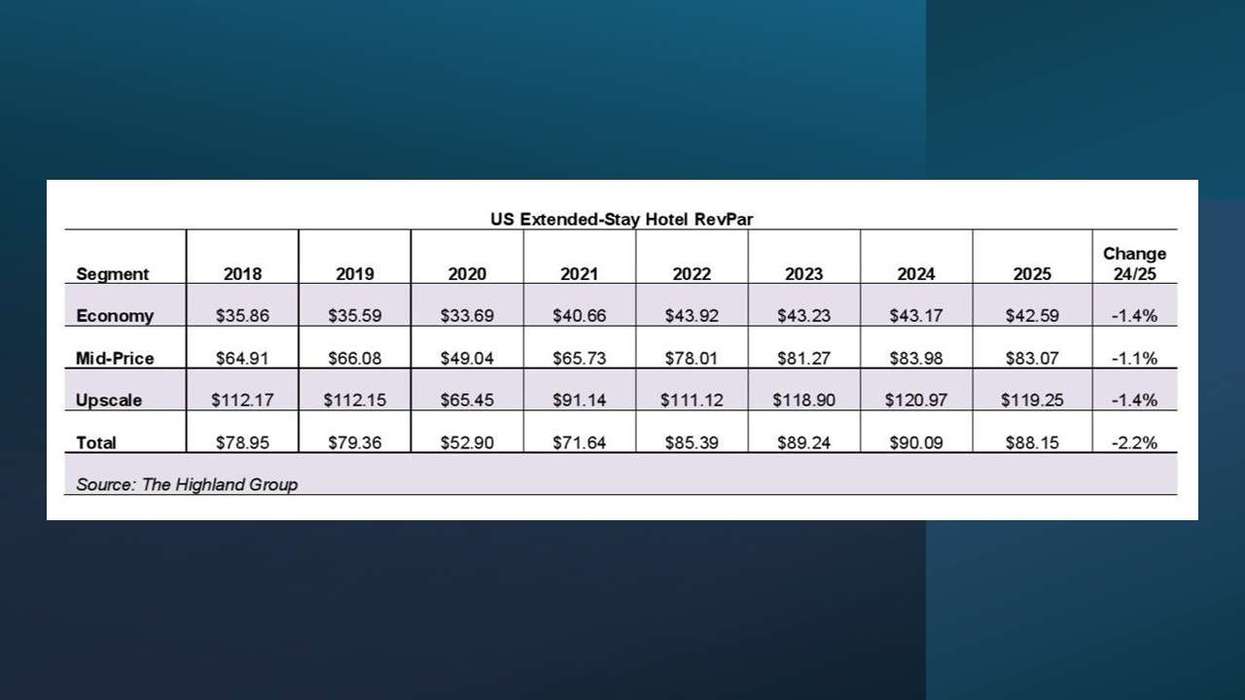WHILE THE TRAVEL industry as a whole has suffered from the restrictions passed to fight the COVID-19 pandemic, one element of the tourism trade has not received federal aid: publicly funded destination marketing organizations. Supporting DMOs could hasten the recovery of the industry, and of the economy as a whole, according to an article from global consulting firm HVS.
DMOs, along with publicly funded tourism agencies and convention centers, need federal aid to address budget shortfalls, staffing reductions and growing financial uncertainty, according to “The Case for Targeted Federal Aid to DMOs and Tourism Agencies” by Thomas Hazinski, managing director of HVS Convention, Sports, & Entertainment Facilities Consulting and Joseph Hansel, research analyst for HVS CSEF.
“Federal aid to the hospitality and tourism industry, thus far, has provided some direct aid to private sector partners and owners of properties affected by the pandemic, primarily through Small Business Administration loans and grants, but these amounts have not been sufficient to cover the extreme industry-wide financial losses,” Hazinski and Hansel wrote.
Quoting data from the U.S. Travel Association and Tourism Economics, the travel industry has lost $195 billion since the beginning of March.
“Targeted aid to state and local governments, aimed at direct stimulus to the hospitality industry, may allow for faster recovery for the entire economy,” the article said. “The hospitality and tourism industries have proven to be the most vulnerable of industries to the COVID-19 pandemic with percentages of revenue losses far exceeding that of the overall economy.”
DMOs and tourism agencies must take on the task of convincing the public that travel is both safe and affordable despite the pandemic. Their ability to do so is threatened by the 52 to 60 percent drop in lodging tax revenues HVS forecasts for the top 25 markets.
“Additional effort will be required to secure convention, group and meeting business, rescheduling postponed events, and making health related accommodations to event organizers. This additional workload cannot be accomplished with reduced staff levels,” the authors said. “Many convention centers rely on lodging tax revenue and other tourism taxes that support their operations and capital investments. Their continued operation and necessary capital improvements are also threatened by the dramatic reduction in revenue.”
For the top DMOs, such as Pure Michigan and the Las Vegas marketing campaign, on average, 81 percent of their funding comes from the public sector, according to the article. The average state tourism budget by fiscal year 2019 was $21 million for 45 states.
Recently, USTA also suggested to Congress that it extend Paycheck Protection Program eligibility to destination marketing organizations that are currently ineligible for aid because they carry a non-profit or quasi-governmental designation. The uncertainty in predicting when the COVID-19 virus may come under control plays a major role in determining how hotels should proceed.
“One thing is clear: state and local agencies dedicated to the tourism and hospitality industry face dramatic losses of resources that, if left unaddressed, will hinder their vital work for the foreseeable future,” Hazinski and Hansel wrote. “The federal government, knowing the impact these agencies have on tourism promotion and the economic impact of tourism, should consider targeted relief to state and local governments designed to assist these agencies.”





